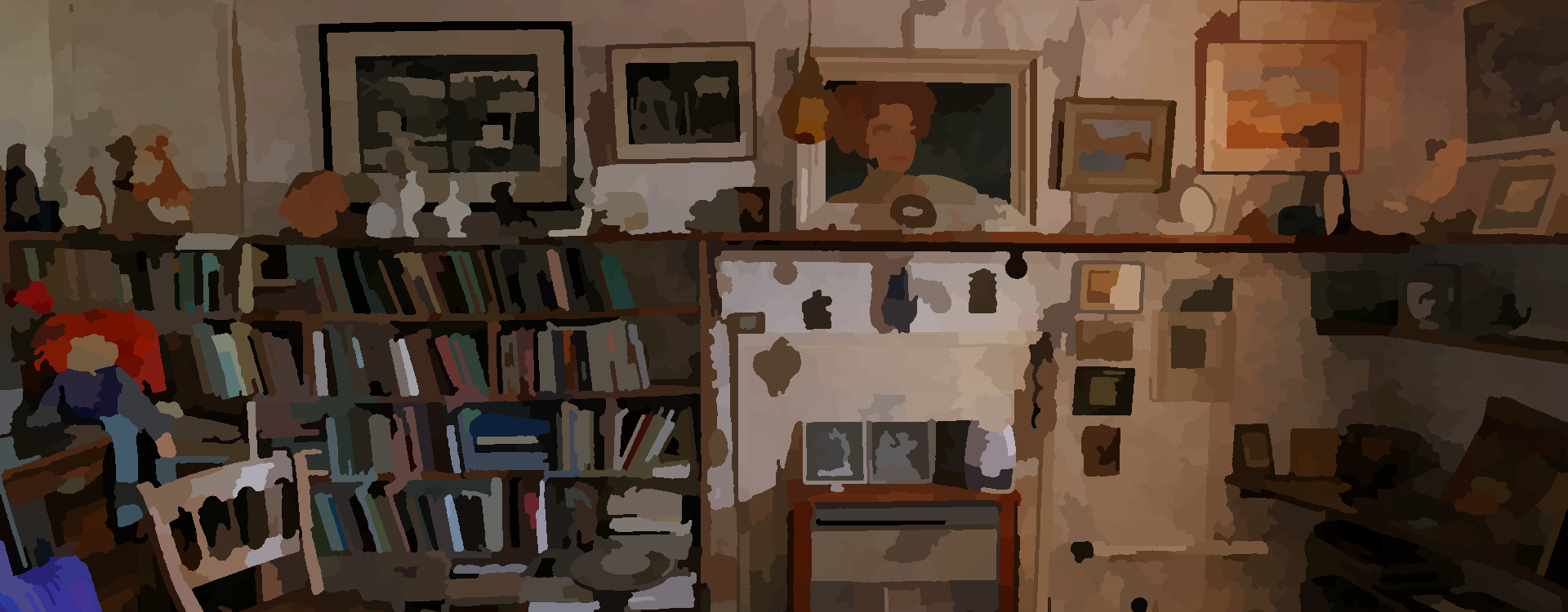Hugh MacDiarmid
Christopher Murray Grieve (11 August 1892 – 9 September 1978), renowned by the pen name Hugh MacDiarmid stood as a significant Scottish poet, journalist, essayist, and political figure. He stands as a prominent force propelling the Scottish Renaissance, leaving an indelible mark on Scottish culture and politics. In 1928, he co-founded the National Party of Scotland, but his Marxist–Leninist beliefs led to his departure in 1933. Subsequently, he joined the Communist Party in 1934, only to be expelled in 1938 due to his nationalist leanings. Notably, he ran as a parliamentary candidate for the Scottish National Party in 1945 and the British Communist Party in 1964.
Grieve initially wrote his earliest pieces, such as “Annals of the Five Senses,” in English. However, his distinctive contribution lies in his development of “synthetic Scots,” a literary variant of the Scots language. From the early 1930s onward, MacDiarmid incorporated more English in his works, often accompanied by scientific and technical terminology.
Born in the Scottish border town of Langholm, Dumfriesshire, to a postman, MacDiarmid received his education at Langholm Academy. He briefly taught at Broughton Higher Grade School in Edinburgh before commencing his writing career as a journalist in Wales. He contributed to the socialist newspaper “The Merthyr Pioneer,” under the guidance of Labour party founder Keir Hardie. With the outbreak of the First World War, he enlisted in the Royal Army Medical Corps, serving in Salonica, Greece, and France. His experience in the army significantly influenced his political and artistic evolution.
Following the war, MacDiarmid continued his journalism career in Montrose. There, he assumed the roles of editor and reporter for the “Montrose Review.” He also became a justice of the peace and a county council member. In 1923, he self-published his debut book, “Annals of the Five Senses,” followed by “Sangschaw” in 1925 and “Penny Wheep.” “A Drunk Man Looks at the Thistle,” published in 1926, remains one of MacDiarmid’s most renowned and impactful works.
In 1933, MacDiarmid relocated to the Shetland island of Whalsay with his second wife, Valda Trevlyn, and his son Michael. Despite being geographically isolated from mainland cultural developments throughout much of the 1930s, he persisted in writing essays and poetry. He passed away at his residence, Brownsbank, near Biggar, in 1978 at the age of 86.
MacDiarmid’s life reflected his unwavering support for both communism and Scottish nationalism, stances that often set him apart from his contemporaries. He co-founded the precursor to the modern Scottish National Party, the National Party of Scotland, and contested as a candidate for the Scottish National Party in 1945 and 1950, as well as for the Communist Party of Great Britain in 1964. In 1949, George Orwell, due to MacDiarmid’s views, listed him as someone “who should not be trusted” by MI5. Today, MacDiarmid’s work continues to inspire a new generation of writers. Fellow poet Edwin Morgan observed, “Eccentric and often maddening genius he may be, but MacDiarmid has produced many works which, in the only test possible, go on haunting the mind and memory and casting Coleridgean seeds of insight and surprise.”
Early Life
Christopher Murray Grieve was born in Langholm in 1892. His father, a postman, provided a unique environment for Grieve’s upbringing by residing above the town library, granting MacDiarmid early and abundant access to books. Grieve’s educational journey included Langholm Academy, followed by enrolment at Broughton Junior Student Centre in Edinburgh in 1908. Here, under the guidance of George Ogilvie, he was introduced to the influential publication, “The New Age.” His departure from the institution on 27 January 1911 followed the unfortunate theft of books and postage stamps. A mere eight days later, on 3 February 1911, Grieve experienced the loss of his father.
Following his departure from Broughton, Ogilvie facilitated Grieve’s employment as a journalist with the Edinburgh Evening Dispatch. Although this position was lost later in 1911, Grieve’s inaugural article, “The Young Astrology,” was published in “The New Age” on 20 July of that same year. His journey then led him to Ebbw Vale in Monmouthshire, Wales, where he assumed the role of a newspaper reporter in October 1911. By 1913, he had returned to Scotland and was contributing to the Clydebank and Renfrew Press in Clydebank, near Glasgow. It was during this period that Grieve’s path intersected with the works of John Maclean, Neil Malcolm Maclean, and James Maxton.
First World War
In July 1915, Grieve left his hometown of Forfar in eastern Scotland and embarked on a journey to the Hillsborough barracks in Sheffield. He subsequently served in the Royal Army Medical Corps, providing aid in Salonica, Greece, and France during the tumultuous years of World War I. Following the war’s conclusion, Grieve entered into the institution of marriage and returned to the realm of journalism.
Return to Scotland
MacDiarmid’s inaugural literary work, “Annals of the Five Senses,” encompassed a blend of prose and poetry written in English. This piece, published in 1923 while MacDiarmid resided in Montrose, marked the inception of his literary career. It was around this juncture that MacDiarmid transitioned to employing Scots in a series of literary undertakings. This endeavour reached its zenith in what stands as his most renowned work, the book-length opus titled “A Drunk Man Looks at the Thistle.” This poem’s significance resonates deeply within the tapestry of 20th-century Scottish literature. Subsequently, MacDiarmid disseminated several volumes featuring compositions in both English and Scots.
Time in England
From 1929 to 1930, MacDiarmid’s domicile was established in London, where he actively contributed to Compton Mackenzie’s literary publication, “Vox.” Following this period, he sojourned in Liverpool from 1930 to 1931 before once again returning to London. A subsequent departure occurred in 1932, leading him to the village of Thakeham in West Sussex, a temporary abode until his eventual re-immersion into Scottish soil in the same year.
Whalsay, Shetland
The period spanning 1933 to 1942 witnessed MacDiarmid’s residence in Sodom on the island of Whalsay, Shetland. His interactions with local fishermen became an integral facet of his experience, with instances of requesting solitary nights on uninhabited islands. An intriguing anecdote interweaves with his inquiry about Whalsay words, where locals crafted fantastical vocabulary. The island’s potent dialect lent authenticity to these neologisms. Amidst this backdrop, MacDiarmid produced many of his finest poetic creations, including “On a Raised Beach.” His correspondence with leading literary and intellectual figures of his generation was facilitated through the Whalsay post office. His former residence in Whalsay, once a croft house, has been repurposed into the Grieves House böd, a camping facility managed by the Shetland Amenity Trust. However, as of 2022, it remains closed for maintenance due to disrepair.
Return to the Scottish Mainland
In 1942, MacDiarmid’s path shifted toward war-related endeavours, prompting his relocation to Glasgow, where he resided until 1949. Between 1949 and 1951, he dwelled in a cottage situated on the grounds of Dungavel House in Lanarkshire. This period culminated in his transition to his final dwelling place, “Brownsbank,” a cottage in Candymill, near Biggar in the Scottish Borders. His life journey concluded in Edinburgh at the age of 86.

